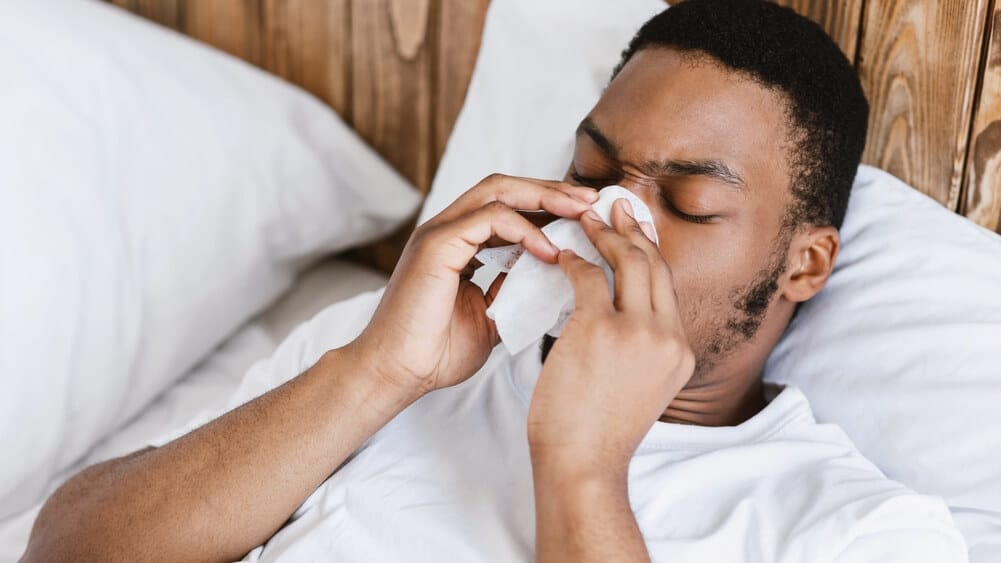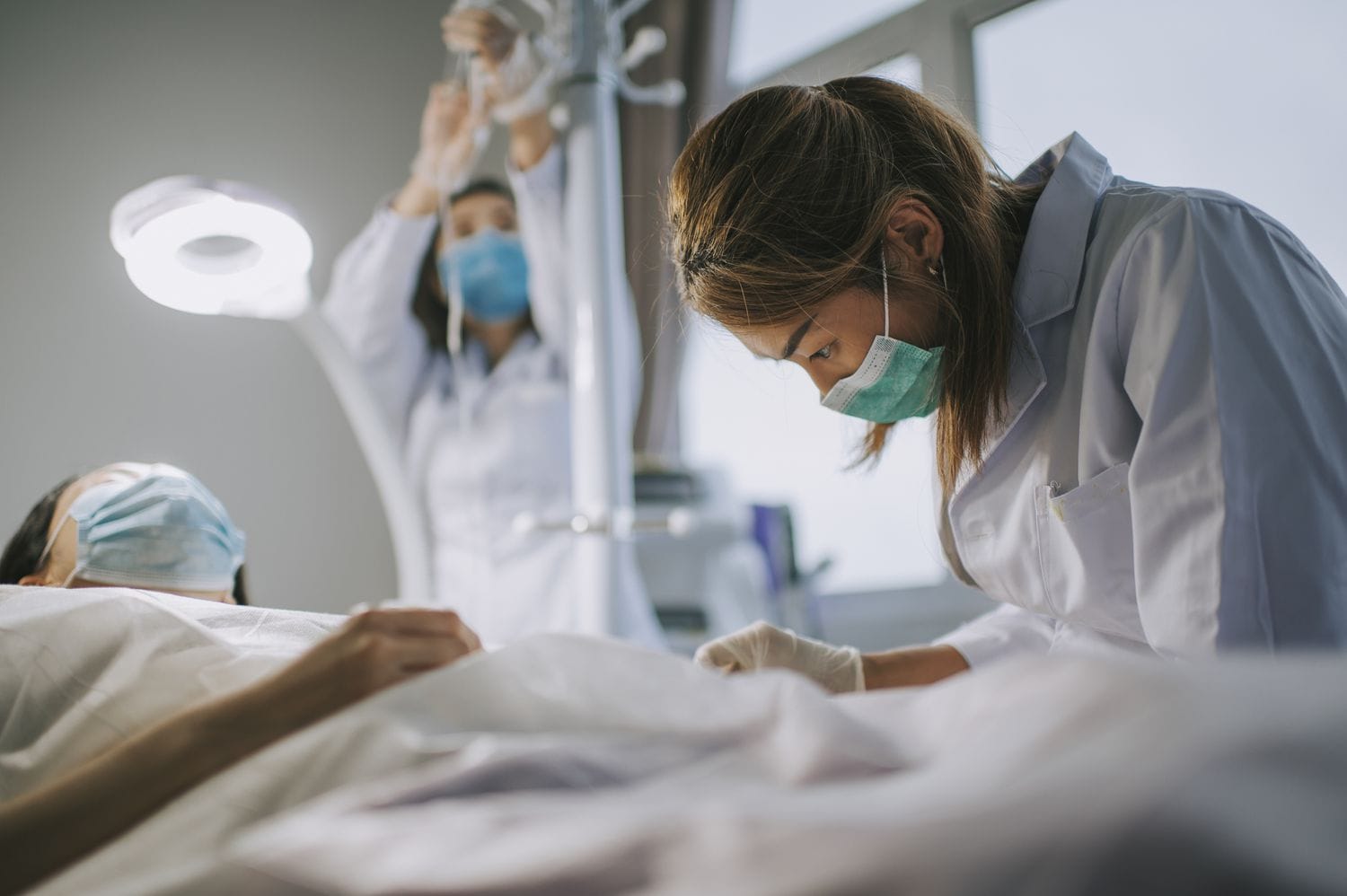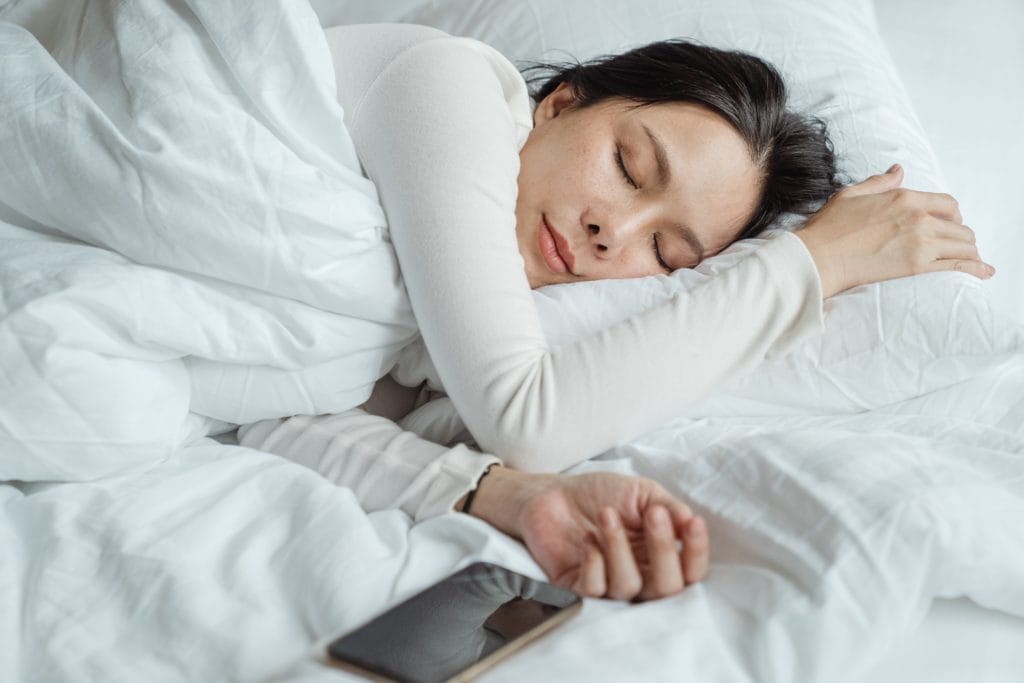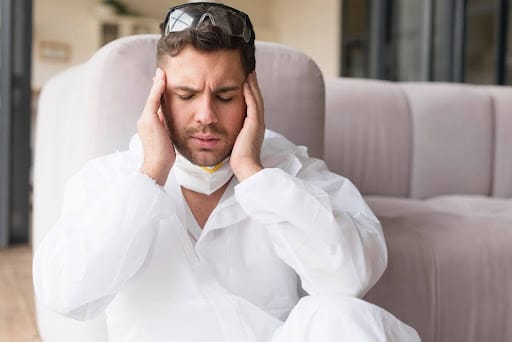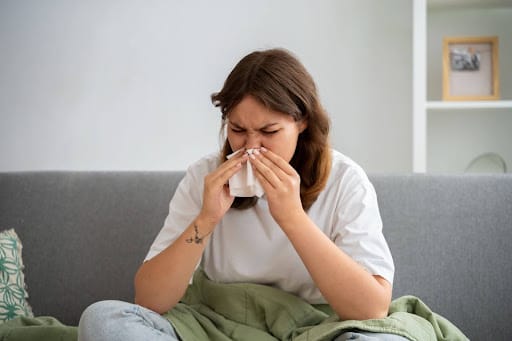Sleep is essential for our physical and mental well-being, but many people struggle with getting enough quality rest. A common question that arises is: Can sleep apnea cause insomnia? The answer is more complex than you might think, as these two sleep disorders, while different, are often intertwined. Sleep apnea and insomnia can coexist, making it difficult to achieve restful sleep. In this article, we will explore the relationship between sleep apnea and insomnia, and how sleep apnea can lead to symptoms of insomnia, ultimately affecting a person’s quality of life.
Understanding Sleep Apnea and Insomnia: A Brief Overview
Before we dive into how sleep apnea can cause insomnia, it’s essential to understand the difference between the two conditions.
Sleep apnea is a sleep disorder where breathing repeatedly stops and starts during sleep. The most common type, obstructive sleep apnea (OSA), occurs when the muscles at the back of the throat relax too much, blocking the airway. This interruption in breathing can happen dozens or even hundreds of times throughout the night, leading to fragmented sleep and reduced oxygen levels.
On the other hand, insomnia is characterized by difficulty falling asleep, staying asleep, or waking up too early, often resulting in daytime fatigue and other negative consequences. While insomnia may be caused by stress, anxiety, poor sleep habits, or medical conditions, it can also arise as a secondary issue, especially in individuals with sleep apnea.
How Can Sleep Apnea Cause Insomnia?
At first glance, sleep apnea and insomnia may seem unrelated. Sleep apnea involves a physical issue with breathing during sleep, while insomnia centers around the inability to sleep well, despite having the opportunity. However, there is a growing recognition that the two can be connected in several ways:
1. Sleep Fragmentation
People with sleep apnea experience repeated interruptions in their sleep cycle due to the body’s response to breathing pauses. Each time an apnea event occurs, the brain briefly wakes up to reopen the airway, which causes sleep fragmentation. These frequent disruptions prevent individuals from reaching deeper stages of sleep, leading to feelings of restlessness and frustration. Over time, the brain may start associating sleep with wakefulness, creating a pattern of insomnia-like symptoms where the person struggles to fall back asleep after each awakening.
2. Anxiety About Sleep
Chronic sleep apnea can lead to anxiety and worry about going to sleep. Individuals may develop a fear of waking up gasping for air or having their sleep interrupted repeatedly. This sleep anxiety can make it harder to fall asleep in the first place, contributing to insomnia. As the night progresses and these interruptions continue, the brain may stay in a heightened state of alertness, making it even more difficult to get restorative sleep.
3. Increased Sleep Arousal
One of the most significant ways sleep apnea can cause insomnia is by increasing the body’s arousal levels. Each time breathing stops during sleep, the brain sends a signal to wake the person up just enough to resume breathing. This “fight-or-flight” response keeps the body on high alert, making it difficult to return to a state of relaxation. Over time, these frequent awakenings can condition the body to wake up more easily, even when an apnea event doesn’t occur, leading to the inability to stay asleep for long periods.
4. Daytime Sleepiness and Fatigue
While daytime sleepiness is more closely associated with sleep apnea, the exhaustion that results from fragmented sleep can lead to poor sleep habits that exacerbate insomnia. For instance, people who feel overly tired during the day may take naps or go to bed earlier, disrupting their circadian rhythm. Others may find themselves lying awake at night, unable to sleep due to the accumulated stress of not getting enough rest. As a result, sleep apnea can contribute to a vicious cycle of sleep deprivation and insomnia.
5. Co-Occurring Medical Conditions
People with sleep apnea often experience other health issues, such as heart disease, obesity, or depression, which can also contribute to insomnia. For instance, discomfort from acid reflux, a condition commonly associated with sleep apnea, can make it difficult to fall asleep or stay asleep. Similarly, the physical strain of breathing disturbances during the night may cause aches and pains, leading to further difficulty in achieving restful sleep.
The Difference Between Insomnia and Sleep Apnea
Understanding the difference between insomnia and sleep apnea is essential for getting the right diagnosis and treatment. While they may share similar symptoms, such as poor sleep and daytime fatigue, the underlying causes of each condition differ significantly.
- Sleep Apnea: As mentioned earlier, sleep apnea is caused by repeated interruptions in breathing due to airway obstruction or brain signaling problems (in the case of central sleep apnea). Individuals with sleep apnea often experience loud snoring, gasping for air during sleep, and morning headaches. The condition requires medical intervention, such as the use of a CPAP (Continuous Positive Airway Pressure) machine or other breathing devices to keep the airway open.
- Insomnia: In contrast, insomnia is a sleep disorder that is primarily psychological or behavioral in nature. It may be triggered by stress, poor sleep habits, or underlying mental health conditions. People with insomnia typically find it hard to fall asleep, stay asleep, or wake up feeling refreshed. Behavioral changes, such as cognitive behavioral therapy for insomnia (CBT-I), sleep hygiene practices, and relaxation techniques, are often effective treatments for insomnia.
Despite these differences, it’s clear that sleep apnea can contribute to the development of insomnia, creating a complicated interplay between the two disorders.
Conclusion: The Link Between Sleep Apnea and Insomnia
So, can sleep apnea cause insomnia? Absolutely. The constant disruptions caused by sleep apnea can lead to fragmented sleep, anxiety about sleeping, and increased wakefulness, all of which contribute to insomnia. Understanding the difference between insomnia and sleep apnea is crucial in getting the proper diagnosis and treatment. If you’re struggling with sleep apnea-related insomnia, addressing both conditions with the help of a medical professional can dramatically improve your sleep quality and overall well-being.
If you suspect you have sleep apnea or are experiencing insomnia, reach out to the professionals at Urgent Care of Texas for expert evaluation and treatment options to help you get the restful sleep you need.

